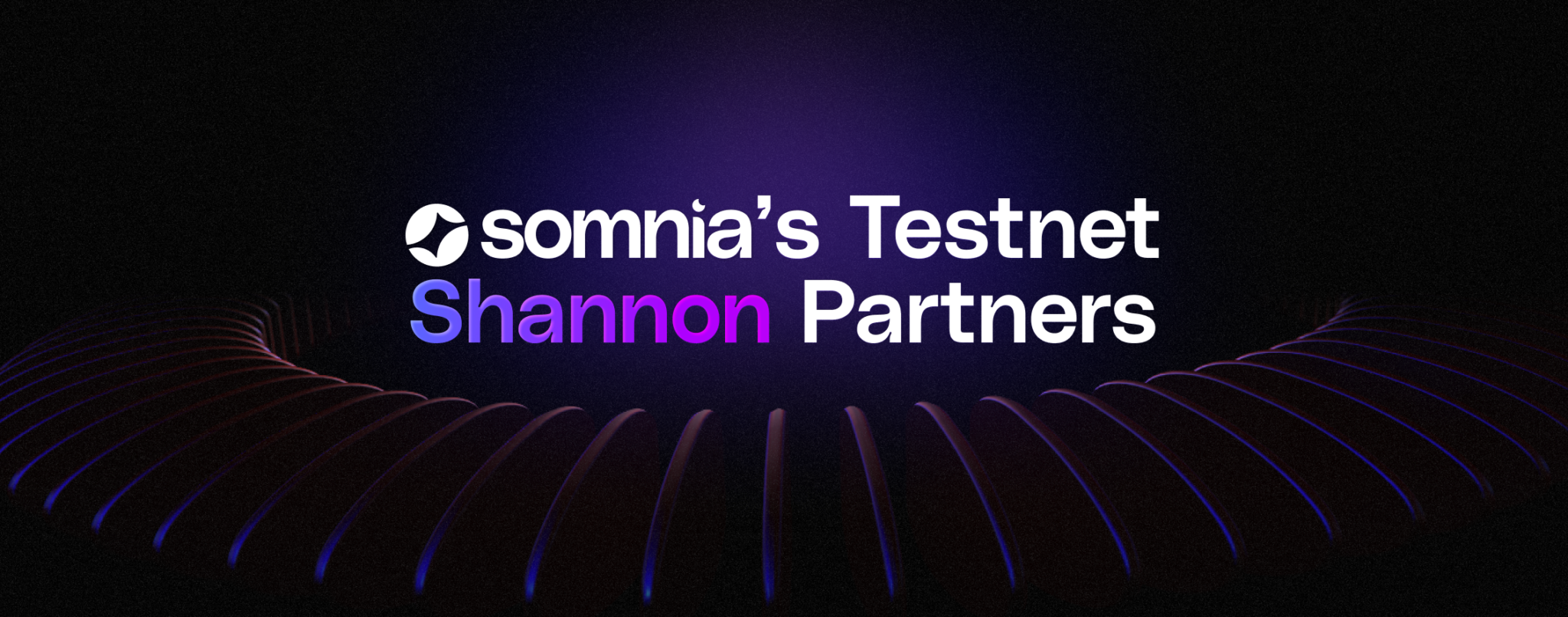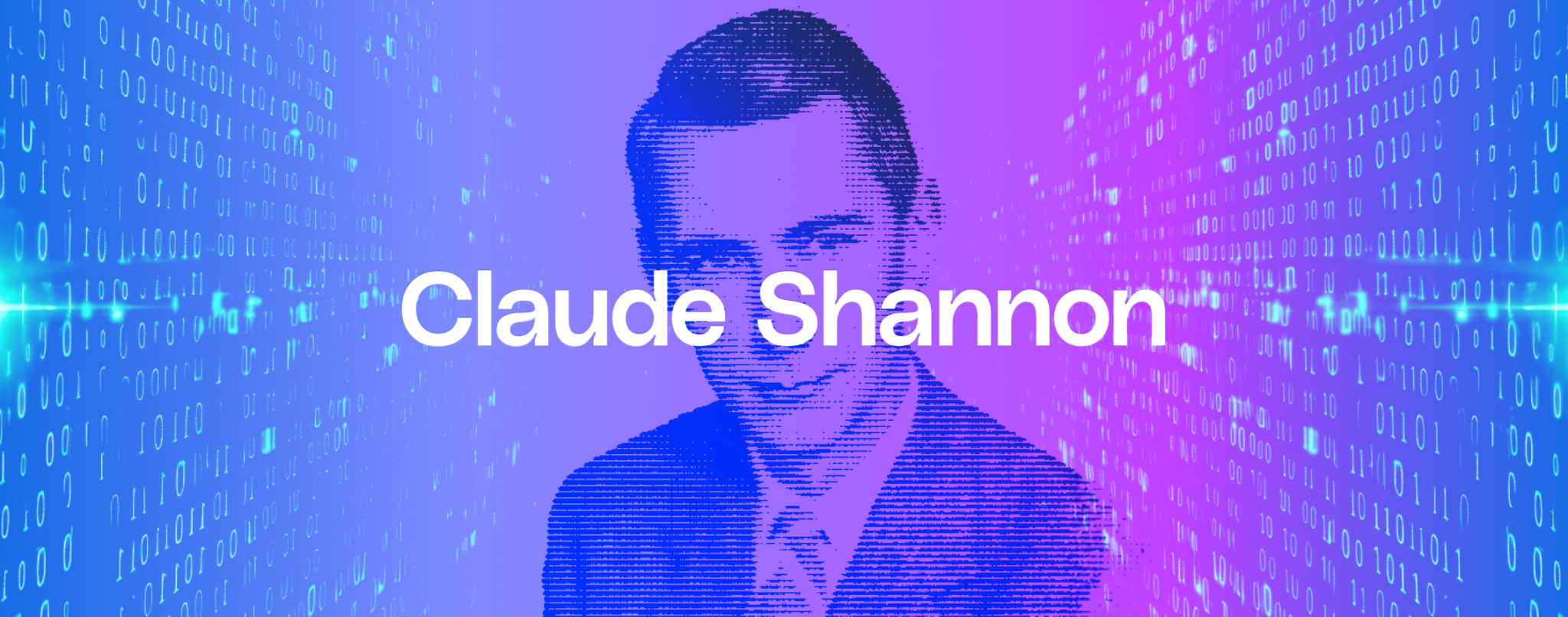
From MetaMask to DappRadar to NEAR Protocol, and Now Building Virtual Societies at Somnia

Tell us a bit about yourself and your background.
My name is Isaac Essuman, and I’m currently the Social Media Manager at Somnia, where I’m helping to build a new kind of virtual society. I first stumbled into the Web3 and crypto world back in late 2016, starting off by trading tokens on centralized exchanges. I’ll admit, at first, I was in it for the thrill and the idea of making quick gains. But it didn’t take long to realize that if I wanted to stick around, I needed to get serious about learning. I got into crypto communities, surrounded myself with people who were just as curious (and obsessed) as I was, and soaked up everything I could about candlestick patterns, risk management, trading strategies, and even the mindset needed to handle the rollercoaster that is crypto.
In 2017, a friend and I decided to take a shot at building something ourselves. We launched a project where we created an ERC-20 token and even built a marketplace where people could actually use the token for purchases. It was a wild ride, seeing something we made from scratch come to life and have real-world use was a feeling like no other.
From there, I found myself shifting into social media management and community roles. I started with Gate.io, where I managed social campaigns and got a firsthand look at how important it is to connect with people on a human level. After that, I joined ConsenSys, working on MetaMask. My job was about making sure users felt empowered and supported while navigating this crazy new world. I even got to work on some fun community and social initiatives that helped make what can feel like a pretty intimidating space a lot more approachable.
Then came DappRadar, where I took the lead on social and community strategies, shaping everything from branding to creating viral moments, even meme contests were part of the job! I got a kick out of finding creative ways to keep the community engaged. Afterward, I joined NEAR Protocol, taking on similar challenges but with a bigger stage, and now, I’m at Somnia, heading up the social side and always looking for new ways to make our audience understand what we are doing and why they should care.
I’ve definitely seen my fair share of bull runs and bear markets, those moments where everything is euphoric and the times when things are eerily quiet. It’s taught me that this space is as much about resilience as it is about innovation. For me, it’s always been more than just surviving the ups and downs. It’s about finding opportunities, learning from the challenges, and staying genuinely excited about what comes next. I’m here for the long haul because, let’s face it, there’s no place quite like crypto.
What are your favorite things about the crypto space?
What I love most about the crypto space is the sense of freedom that comes with decentralization and ownership. It’s not just about making money; it’s about knowing that I actually have control over my assets and data without having to rely on some central authority to give me permission. That’s what really drew me in, this idea that I could manage my own finances and be part of a system that’s built on individual empowerment. It’s hard to find that kind of freedom in the traditional world.
Then there’s the transparency and immutability of the technology itself. Knowing that transactions are open and can’t be tampered with brings a level of trust that’s missing in most other areas of life. You don’t have to take anyone’s word for it, the blockchain speaks for itself. It’s just a different kind of security, and it changes how you think about what’s possible.
And honestly, I’d be lying if I didn’t mention the memes on Crypto Twitter. The memes, the jokes, the humor, it’s all part of the culture and brings a lightheartedness to a space that’s otherwise full of serious tech talk and market speculation. There’s something special about being able to share a laugh with people all over the world who get the same inside jokes. It keeps things interesting and makes working in this space a lot more fun than your average job.
What are some of your least favorite things about the space?
One of the things that frustrates me the most about the crypto space is how tough it can be for newcomers. The overall user experience isn’t exactly friendly. There’s a steep learning curve, and getting started can feel like navigating a maze. Setting up wallets, managing private keys, figuring out gas fees, and trying to wrap your head around smart contracts can be overwhelming, especially if you don’t have a tech background. It’s supposed to be empowering, but for a lot of people, it just ends up feeling like a barrier.
Then there’s the darker side of the space, the scams, rug pulls, and sketchy projects. It’s a serious problem that gives crypto a bad reputation, and it’s easy to see why people are wary. The lack of regulation and the anonymity that comes with blockchain can be a double-edged sword. While it’s great for privacy and freedom, it also makes it easier for bad actors to take advantage of people who are still learning the ropes. It’s frustrating to see how these issues can undermine the trust that the space is trying to build.
Do you have a favorite video game? If not, music or movies will work.
I’ve got to say, as a die-hard Harry Potter fan who grew up reading all the books and watching the movies, my current favorite game is definitely Hogwarts Legacy. It’s kind of like living out my childhood dream, finally getting to explore the magical world I’ve always loved, but this time, I get to actually be a part of it. There’s just something special about roaming the halls of Hogwarts and casting spells that makes me feel like a kid again.
But if we’re talking about classic favorites, I’ve got to give a shoutout to Road Rash. That game was such a big part of my childhood. There was just something thrilling about those reckless motorcycle races and swinging chains at your rivals. It was the ultimate mix of chaos and fun. It might be old school, but it still holds a special place in my heart.
What excites you most about what you’re building at Somnia?
What excites me most about what we’re doing at Somnia is the chance to really transform how people experience the digital world. We’re not just building another platform; we’re creating an open, decentralized virtual society where the value goes back to the people who actually make it all happen. The creators, the users, the communities, rather than being funneled to a few big companies. That kind of shift feels genuinely important because it’s about giving people real control and economic freedom in a way that just hasn’t been possible before.
What I love even more is that we’re tackling some of the toughest challenges in the space, like making digital experiences more seamless and meaningful. With our upcoming high-performance blockchain and interoperable protocols, we’re setting the stage for a world where virtual items, avatars, and even entire economies can flow between different experiences as easily as we move through the real world. It’s like we’re laying the groundwork for a whole new digital universe where anyone can step in, create, innovate, and truly thrive. This vision is what keeps me motivated and excited every day.
What advice would you give to people getting started in the industry?
If you’re just getting started in Web3 and crypto, take some time to learn the basics first, blockchain, wallets, and tokens without rushing. There’s a lot of jargon, but starting with beginner-friendly guides and asking questions will build your confidence. When it comes to investing, start small and treat it as a learning experience, because while the space is full of potential, it’s also very volatile. Keep your funds safe by using trusted wallets and storing private keys securely, like they’re the password to your life savings. Be cautious about scams; if something sounds too good to be true or you feel pressured to invest, step back and double-check. One of the best parts about this space is the community, so join Discord groups, follow Web3 enthusiasts on Twitter, and ask questions, people here are happy to help. Don’t just watch from the sidelines. Try out some DApps, mint an NFT, or explore DeFi to learn by doing. Stay updated on news and changing regulations, and always keep an eye out for phishing scams and other security threats. Most importantly, think long-term and don’t let FOMO drive your decisions; focus on projects that resonate with you and solve real problems, and remember that it’s okay to make mistakes along the way. You’re joining an innovative, sometimes wild world, but with patience and a willingness to learn, there’s plenty of opportunity to make an impact.
What has the biggest challenge been so far?
As the social media manager at Somnia, the biggest challenge has been finding ways to share the depth of what we’re building in a way that feels relatable and inspiring. We’re creating an open virtual society where value flows back to the people, but translating that big idea into simple, engaging social content isn’t always easy. It’s not just about throwing around buzzwords like “interoperability” or “composability”. It’s about making sure our audience and community understand why what we’re doing actually matters, and why it’s exciting.
Another hurdle has been figuring out how to speak to different audiences at the same time. We’ve got hardcore Web3 enthusiasts who dive deep into the tech, and then there are newcomers who are curious but might not know much about blockchain or the metaverse. It’s a balancing act, trying to educate without overwhelming, and making it all feel accessible. I want our social content to feel like a friendly invitation into this new world we’re building, not a tech lecture.
But I’d say the toughest part, and the most rewarding, is finding ways to make people feel genuinely connected to Somnia. We’re not just a project, we’re trying to create a movement, a real virtual society where anyone can have a voice. It’s about telling stories that show how this isn’t just some futuristic concept, but something that’s going to impact real people’s lives in meaningful ways. Finding that human angle, especially in such a tech-heavy space, is definitely a challenge, but it’s also what makes this job so fulfilling.
What do you do for fun outside of work?
Outside of work, I like to keep things balanced with a mix of activities. I play the piano, which is a great way for me to unwind and get lost in the music. it’s kind of my go-to escape. I’m also a big fan of swimming; there’s something about being in the water that just clears my mind and helps me reset. And, of course, when I get the chance, I’ll definitely squeeze in some video game time. It’s the perfect way to relax and have a little fun, especially after a busy day.



